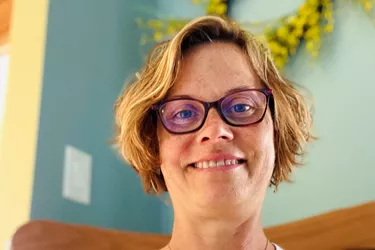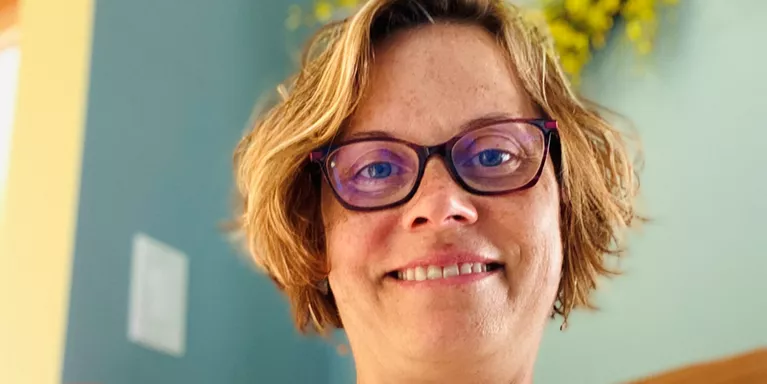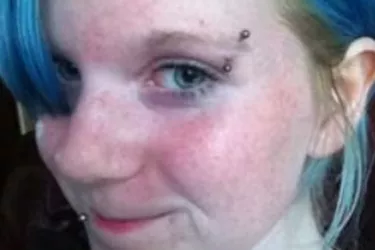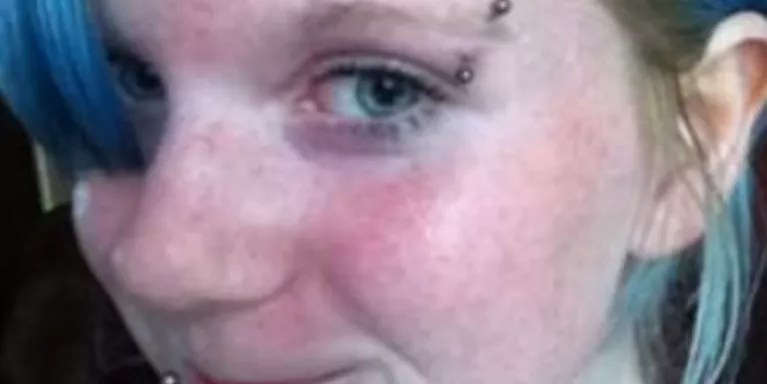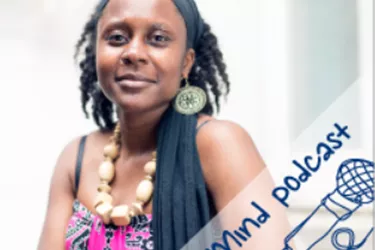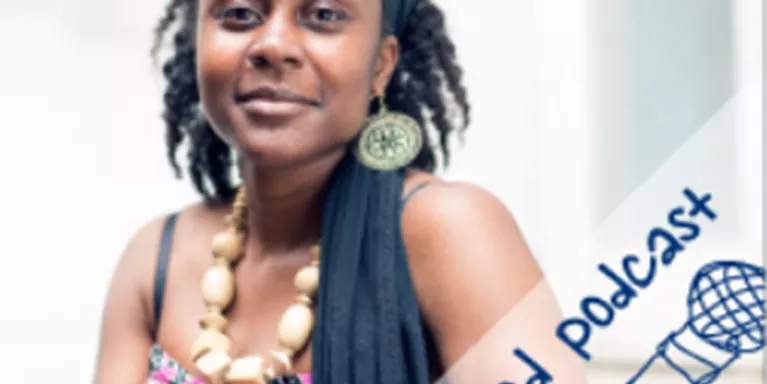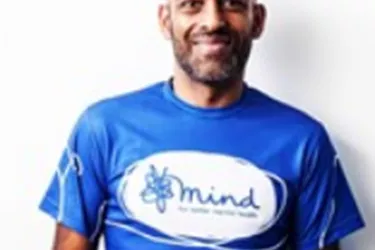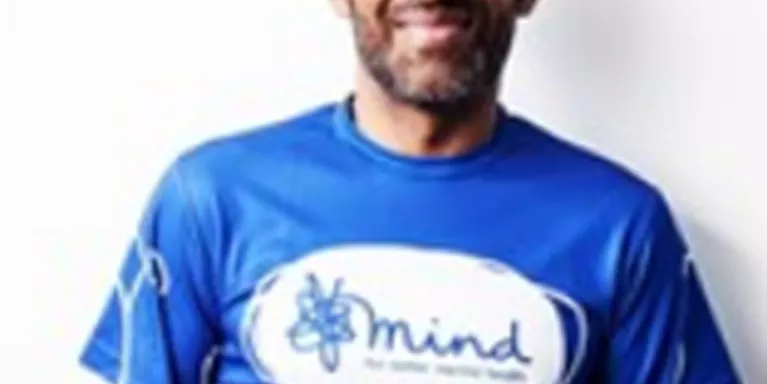Jords brought my story back to life
Rohan says he had talked about his bipolar disorder so often he had become numbed to it. Then Jords turned it into spoken-word poetry.
I was diagnosed with bipolar disorder at 32. I had been living with it for close to 15 years. I had a very happy childhood but when I got into sixth form I became withdrawn, angry and moody.
“My behaviour became more erratic, with wild mood swings. I spent an entire student loan in 3 hours.”
I asked for help from teachers and doctors etc but was told, you’re a teenager, you’re growing up, your parents are going through a divorce, it will all be fine. At university I managed to fail my first year three times. Again I asked for help and again I was told I was going through a difficult period, away from home for the first time, it will all be fine.
My behaviour became more erratic with wild mood swings. I spent an entire student loan in 3 hours, which was impressive seeing I’d only been to HMV and Burton menswear. In 1993 I spent £60 in a few hours at a 50p a pint night. I was displaying classic symptoms of bipolar disorder, but I didn’t know it. To me and to the outside world it just looked like totally irresponsible behavior. I begun to hate myself and started to self-harm. This went on through my twenties.
Not holding down jobs
I couldn’t hold down any kind of job back then because of mania or depression. I couldn’t hold down friendships or relationships. I had gone from being a straight A student with a bright future to having nothing. I attempted to take my own life on 3 occasions. The first 2 were cries for help but the third was a serious attempt.
“I couldn’t deal with looking in the mirror and seeing someone I hated but I could deal with being ill”
Eventually I was signposted to Mind and through them I got back into the medical system and finally got the diagnosis of bipolar type 1. I jumped for joy even in being diagnosed with such a serious illness. I couldn’t deal with looking in the mirror and seeing someone I hated, but I could live with and overcome being ill. I also discovered that I’d been given the wrong medication on many occasions with antidepressants elevating my mood when it was already dangerously high.
‘Coming out as bipolar’
I started to write blogs for both Mind and the former mental health campaign Time To Change. I came out, so to speak. The response was overwhelmingly supportive. I was 20 stone at the time and decided to start running to fundraise, in itself an ambitious challenge. My aim was to run a 10k for Mind back in 2013 and raise £200. I painfully achieved that and have now run 50 marathons for the charity, raising over £40,000.
Running and fundraising have changed my life. I have also been involved in some really impactful campaigns and media work, winning a Mind media award in 2017. Recently I was elected to the board of trustees, which was a huge honour and privilege for me.
“I loved the idea of hearing my story in another person’s voice.”
There seemed to be no knowledge of mental health and wellbeing during my most difficult moments. It should have been obvious to anyone with a modicum of knowledge that what I was going through was not some stage of erratic behaviour but clearly a mental illness. The fact that it took 3 suicide attempts and 16 years to diagnose that demonstrates it. Unless you were seen to be in extreme danger you weren’t going to get any support.
I loved the idea of hearing my story in another person’s voice. As a keynote speaker, I tell my story regularly and the impact of hearing it so often in my own voice has almost numbed me to it. Thanks to the likes of Jords, the spoken-word genre will help us speak to communities that we have found it so hard to reach. As a West Indian man, and knowing the challenges that black men face in getting support and breaking down the stigma within their communities about mental health, this is a hugely exciting proposition for me.
Jords was really engaging. He wanted to do something special and he wasn’t paying lip service to it. Because he was from a similar kind of ethnic and cultural background he understood what young Black guys have gone through in terms of wellbeing and mental health. The trust and empathy hopefully helped us in driving the a truly impactful finished product.
When I first heard the poem, I was in shock. I couldn’t believe that what normally takes me 45 minutes to narrate had taken him about 35 seconds. I was like, “how has someone taken such detail and condensed it into something so impactful in such a short period of time?” I tend not to jump in with my opinion straightaway, but anyone who’d seen the grin on my face would have known straight off how much I like it. It’s a really impressive piece of work by a hugely talented artist.
I think the poem and the project have the potential to achieve so many different things. I want people to understand that mental ill health impacts all types of communities. But I also want people to take a positive message from it. There is always hope. There is help. There are resources out there. There is the opportunity to thrive and come through the toughest challenges. Mental ill health has taught me compassion and patience, and allowed me to understand what others are going through in their lives. All the stuff you can’t see. I’m a better and more successful person because of my mental illness, not despite it.


Information and support
When you’re living with a mental health problem, or supporting someone who is, having access to the right information - about a condition, treatment options, or practical issues - is vital. Visit our information pages to find out more.
Share your story with others
Blogs and stories can show that people with mental health problems are cared about, understood and listened to. We can use it to challenge the status quo and change attitudes.










